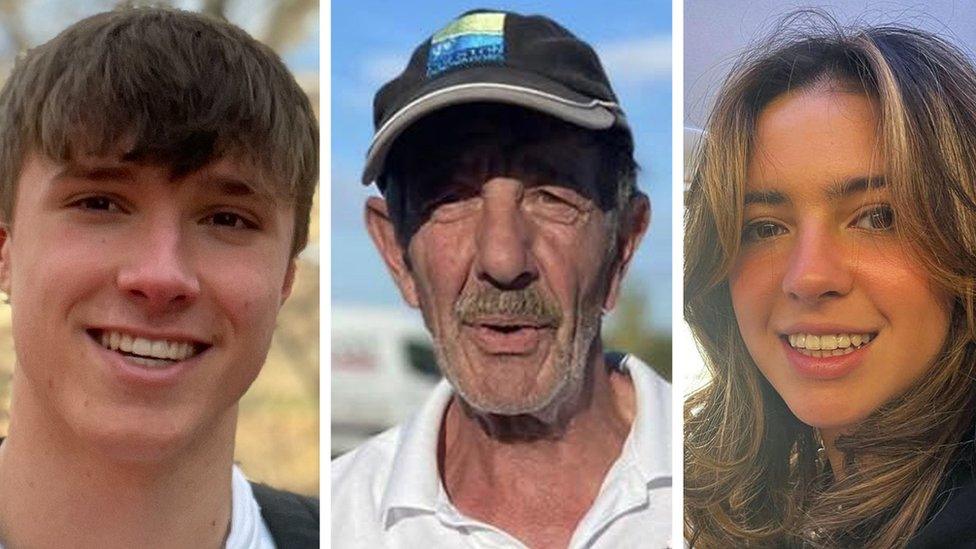Valdo Calocane: Triple killer's benefits eligibility under review
- Published
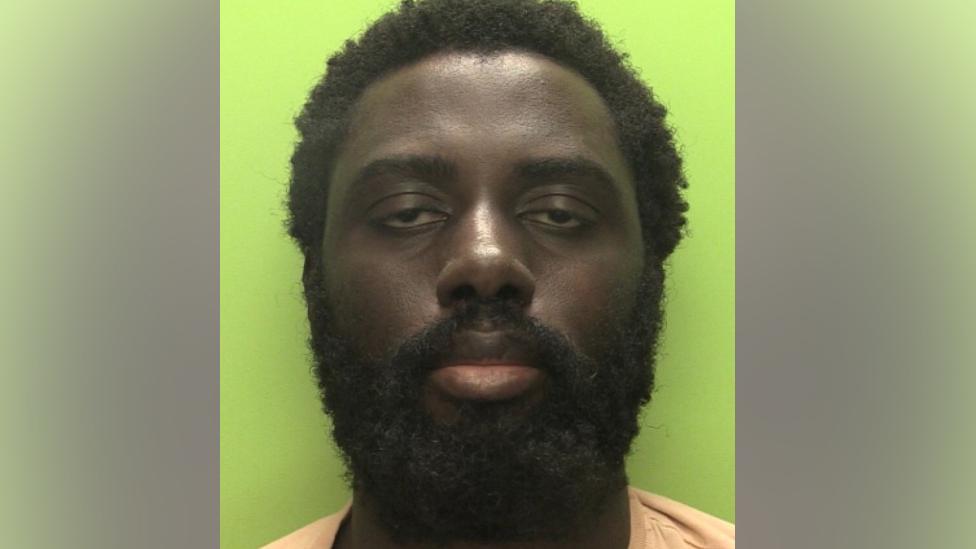
Medical experts said "overwhelming" evidence showed Valdo Calocane was suffering from paranoid schizophrenia
The government is reviewing the benefits entitlements of some convicted criminals, and specifically the case of triple killer Valdo Calocane.
It follows reports that Calocane, who fatally stabbed three people in Nottingham, could receive welfare payments.
It is not clear whether the 32-year-old, now an inpatient at Ashworth Hospital, is receiving benefits.
But the rules around entitlements will be looked at "more broadly".
Barnaby Webber and Grace O'Malley-Kumar, both 19, and 65-year-old Ian Coates were attacked on 13 June.
Their killer was sentenced to detention in the high-security hospital after admitting manslaughter on the grounds of diminished responsibility.
The Telegraph reported that Calocane was eligible for universal credit payments, external.
Speaking on behalf of the victims' families, Mr Webber's mother Emma told the newspaper: "This is truly devastating to hear and it adds yet more layers of grief and a sense of injustice to those of us left behind."
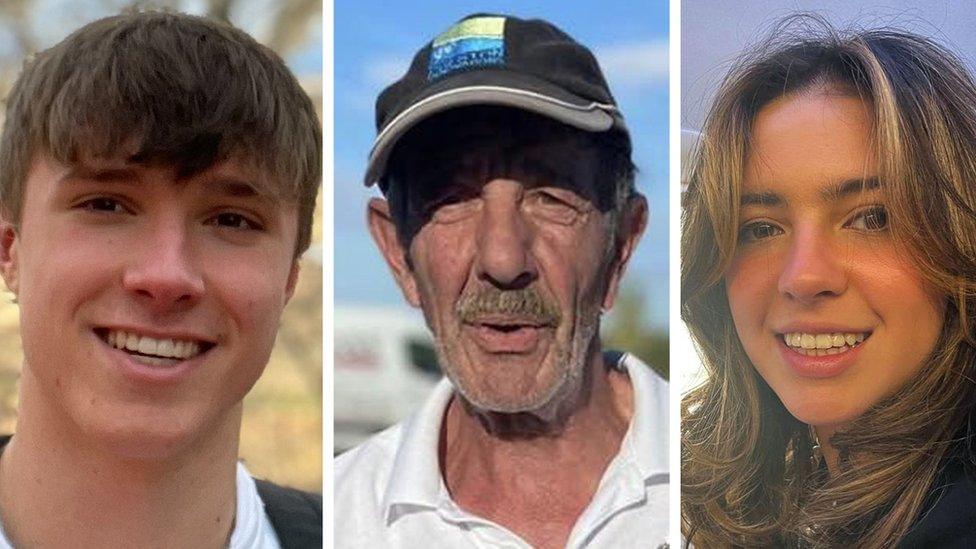
There is no timeframe for Calocane's release
Sentencing Calocane on 25 January, Mr Justice Turner said the killer should be detained in a high-security hospital for medical treatment as a result of his condition.
He was sentenced under section 37 of the Mental Health Act, where inmates are treated as inpatients and are therefore not barred from receiving benefits.
This section is intended to be used when the criminal court considers treatment in hospital is the best way to deal with the case rather than prison.
However, depending on individual circumstances, section 37 inmates may not qualify for payments.
This is different from section 45 of the act, which includes a sentence of imprisonment and would therefore ban the individual from receiving welfare payments.
Calocane's case is now being looked at by the Department of Work and Pensions (DWP).
The prime minister's official spokesman said: "The Attorney General is looking at the sentence to decide whether it needs to be considered by the Court of Appeal.
"And the Work and Pensions Secretary is looking into the details of this case specifically and the rules around benefits entitlements more broadly and it's right that we let these reviews run their course and establish the facts."
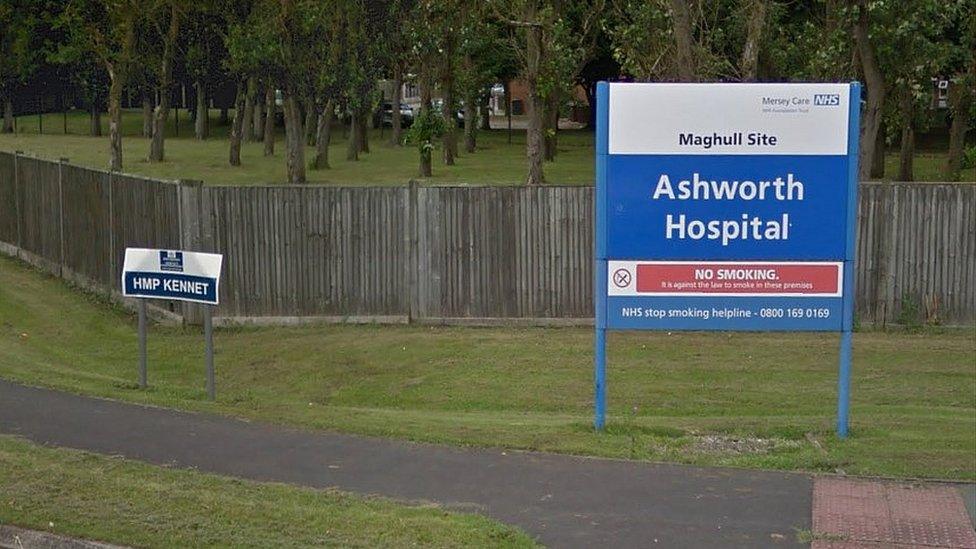
There is no timeframe for Calocane's release, but the judge said it would "probably" be for the rest of his life
Although he was first charged with three counts of murder, medical experts concluded that Calocane was suffering from a serious mental illness, namely paranoid schizophrenia, which "impaired his ability to exercise self-control".
A review of the decision by prosecutors to accept Calocane's manslaughter pleas has since been ordered by the attorney general.
The inquiry will also look into how the victims' families were consulted.
A government spokesperson said: "We have been clear that questions need answering in all aspects of this case.
"The Attorney General is already reviewing the sentence and there is a separate independent inspection into CPS's handling of the case.
"Entitlement to benefit is, by law, dependent on sentences handed out, and the Work and Pensions Secretary is looking at the specifics of this case."

Follow BBC East Midlands on Facebook, external, on X, external, or on Instagram, external. Send your story ideas to eastmidsnews@bbc.co.uk, external.
Related topics
- Published2 February 2024

- Published29 January 2024

- Published29 January 2024
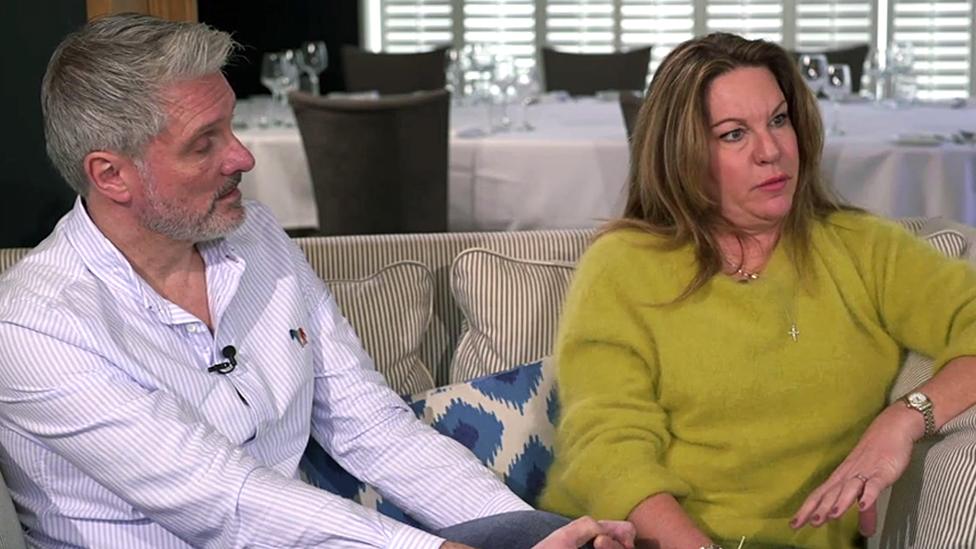
- Published29 January 2024
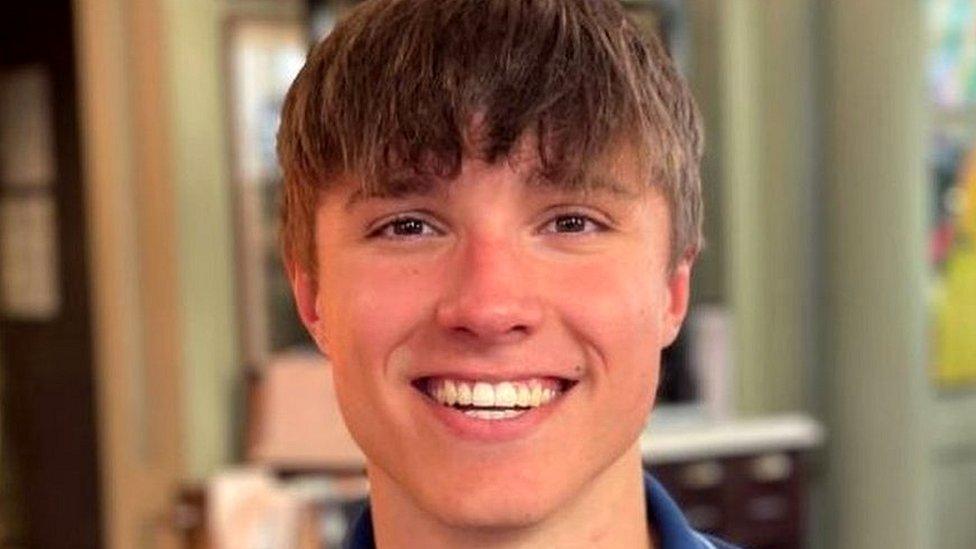
- Published27 January 2024

- Published26 January 2024
